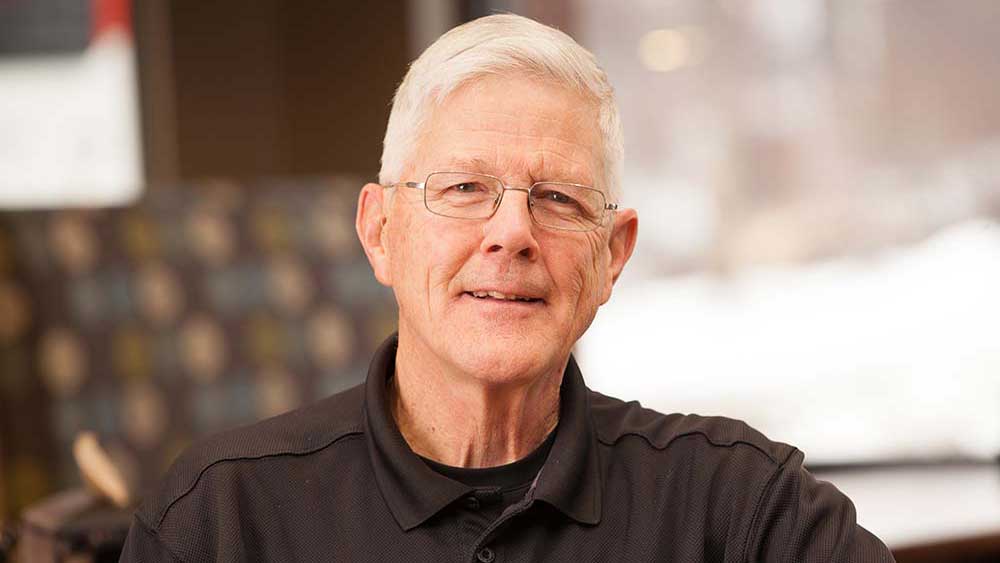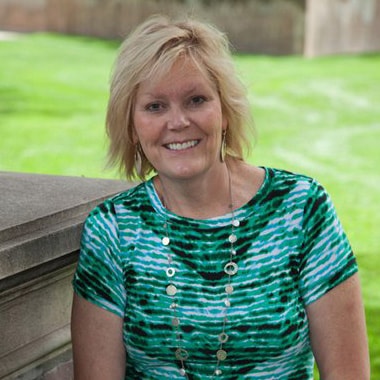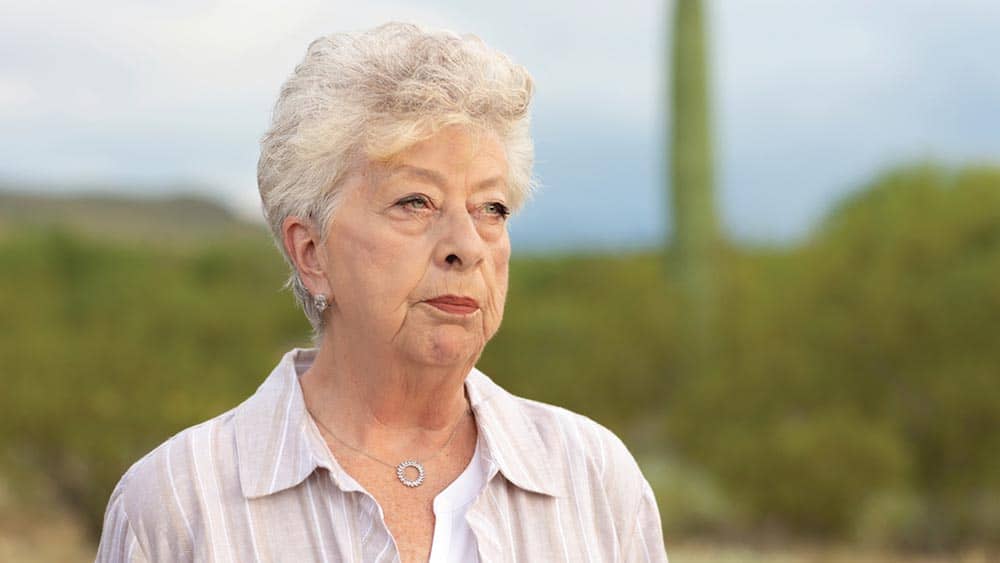

Spring Cleaning for Seniors With the KonMari Method
Vintage road maps, mismatched teacups, shabby holiday decorations, an old 12-speed stand mixer … your family may be planning a spring-cleaning marathon for your senior loved one, but where to begin? And what about your elder’s more sentimental collections of vinyl record albums, “Youth for Kennedy” campaign buttons, mint-condition periodicals and wedding china?
No worries. Japanese organizing consultant Marie Kondo, the decluttering phenomenon and mega-selling author of “The Life-Changing Magic of Tidying Up,” is eager to help you and your senior clear out the extras and bring joy to a fresh home makeover. The charming host of the wildly popular Netflix show, “Tidying Up with Marie Kondo,” welcomes viewers by saying, “Hello, I’m Marie Kondo. My mission is to spark joy in the world through cleaning1 … I am so excited because I like tidying and I love mess.”2
Marie’s four books on organizing were translated from Japanese into some of the world’s most widely spoken languages including English, Spanish, German, French and Chinese. With ease and gentleness, the 34-year-old mother of two connects people of all ages with her universal message: Getting tidy and staying tidy is possible, especially with a proven organizational strategy.
KonMari Method Basics
From the girl born in Tokyo who used to organize her siblings’ and friends’ rooms to the ruler of a multinational dynasty of neatness, Kondo turns jumbled homes into mindful spaces of inspiration and serenity. Kondo’s signature decluttering prescription, the KonMari Method (KonMari, a contraction of her Japanese name, Kondo Mariko), features six basic rules for tidying, which are summarized in the following organizing tips for seniors:
- Involve family members to participate in cleaning. Ease the challenge of parting with years of accumulated stuff by making the spring-cleaning session an upbeat event for the whole family. Invite siblings, grandchildren and active older friends to help out for a few hours each. It is important to keep the elderly loved one involved in the organizing process to provide useful information about what to keep, what to discard, and how to improve accessibility in the home. Kondo stresses that decluttering is a personal process and no one should toss another’s possessions without permission first.
Kondo, like many organizing experts, recommends storing seldom-used items in out-of-the-way places, such as rarely used dishes on higher shelves in the kitchen or holiday items in the garage. When family members help with organizing, they can evaluate any changing needs of their elderly loved one and adjust household items as needed.
- Tidy by category, not location. Kondo directs people to pull out everything from one category at a time and put everything from that category into a large pile. For example, bring all your senior’s clothes from every closet, drawer and storage bin into the living room.
Kondo notes that organizing according to category prevents confusion that can arise when trying to declutter similar objects stored in different locations. In other words, stockpile all the books from bookshelves, nightstands and storage boxes into one big heap, then move on to deciding which books to keep and which to give away.
- Finish discarding items first. It may be tempting to dive in and shuffle possessions around to different storage areas, but Kondo advises to pare down the stockpile of items first before placing anything in storage boxes or back in closets or drawers. The KonMari Method emphasizes choosing what to keep, not what to toss or reassign a new home. With her enthusiastic blend of demure sweetness and introspective regard, Kondo directs people to hold each item they possess for a few seconds and ask themselves if it “sparks joy.” If yes, they keep the item. If no, they discard it or give it away. For possessions to part with, Kondo recommends letting go with gratitude and thanking each item for what it taught or represented in one’s life.
Some skeptics of Kondo’s emotive empathy for letting go of items recommend not holding on to items yourself, but instead letting a family member or friend hold the possession and asking, “Do you want this?” Joseph Ferrari, a professor of general psychology and community psychology at DePaul University, advises in a Chicago Tribune article to consider the emotion of regret in tossing away items just as importantly as the emotion of sparking joy in keeping items. Ferrari cautions to not rush through purging possessions, but to stop and think about what you have. “Sort, strategize and then purge,” he suggests.3 Either method leads to being mindful about what you really want to keep in your life moving forward.
- Follow the organizing order of clothes, books, papers, miscellaneous items and sentimental items. When progressing from easy tasks to more difficult tasks, family members and caregivers will face less resistance from seniors. Kondo teaches that her decluttering techniques help develop an ongoing mindset to remain tidy forever without a need to endure another major purge session. Kondo’s handy KonMari Folding Method for clothes is also central to her jumble-free lifestyle. She walks people through tucking the ends of clothing pieces in and rolling the clothing into thirds to create small rectangles that store vertically in drawers. Each category breaks down into subcategories for further organization. For example, with the KonMari steps, you work through clothing from tops to bottoms, then jackets, shoes, socks and so on.
Health Benefits to Clearing Clutter
Health and wellness experts espouse a number of positive benefits to decluttering a senior’s home, including:
- Reduced fall risks. Items in disarray throughout a home increase the likelihood of your elder tripping and falling and potentially causing serious or even lethal injuries. The Fall Prevention Guide, produced by Right at Home with the expert advice of gerontologist and fall prevention specialist Rein Tideiksaar, notes that one-third of adults age 65 and over will fall this year. Preventive measures to decrease fall risks for the elderly include clearing household items, electrical cords and everyday clutter from pathways in the home.
- Lowered anxiety. Living in a home with belongings in chaos adds excess sensory stimulation to older adults’ brains that may already feel taxed with managing everyday routines. Not being able to find items easily among jumbled piles adds frustration and stress and makes the senior feel ashamed or embarrassed for not keeping their home tidy. Clearing the clutter frees the elder from the emotional stress of living in a mess.
- Removal of allergens. When a home is packed with extra unused items in spare rooms, the garage and common living areas, these items attract dust, dander and pet hair that can pile up and aggravate allergies. Air from furnace and air-conditioning vents can pick up allergens from dusty, disorganized surfaces and redistribute the allergens throughout the home. Decluttering and tossing out a home’s extra items reduces the places were dust and debris can accumulate, which helps seniors breathe easier.
Recruiting Help With Spring Cleaning and Organizing
If you’re overwhelmed at just the thought of helping your senior loved one toss items and organize their stockpile of possessions and collectibles, we suggest asking for home care assistance to help with the spring-cleaning process and to stay on top of weekly tidying up. There’s no shame in enlisting the help of in-home care professionals, who understand how to walk your older loved one through the sentimental emotions of downsizing and holding on to the items and memories that mean the most.
However you choose to help your elder declutter and gain the health benefits of a mess-free home, Marie Kondo wants everyone to value the things they own and learn to live with less stuff, even the shabby holiday decorations and ancient 12-speed stand mixer—that in itself should spark joy.
1 Netflix Original Series, “Tidying Up with Marie Kondo.” Retrieved from https://www.netflix.com/title/80209379
2 MsMojo, “10 Amazing Tips from Tidying Up with Marie Kondo.” Retrieved from https://www.youtube.com/watch?v=TXzcmr2WcDA
3 “Jumped on the Marie Kondo decluttering bandwagon? Here's why you might have regrets.” Alison Bowen, Chicago Tribune, Feb. 13, 2019. Retrieved from https://www.chicagotribune.com/lifestyles/sc-fam-throw-away-regrets-0219-story.html
Latest Resources for Seniors
Featured article








